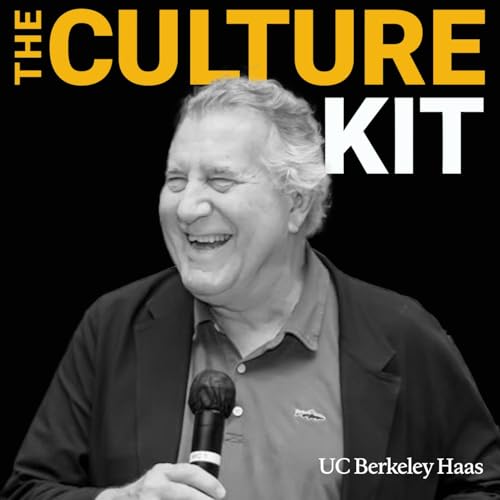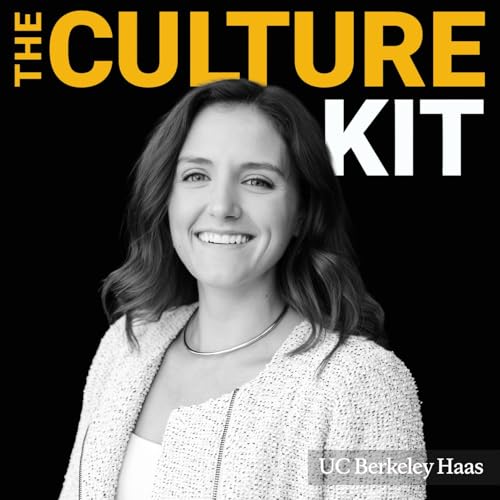With the majority of our waking life spent at work, conversations around mental health are crucial for a healthy workplace culture. But how do you open the conversation at work? How can leaders build the trust and psychological safety needed for these conversations?
On this special episode, David Ko, CEO of the sleep and meditation app Calm and author of the book Recharge, shares his leadership journey from investment banking to purpose-driven leadership. Since 2022, he’s guided Calm’s work in over 190 countries, supporting millions of people seeking to improve their wellbeing.
Ko describes “the battery check,” a simple framework for starting conversations about mental health, describes how burnout happens when leaders don’t explain the “why” behind decisions, and shares some candid personal anecdotes.
The conversation is hosted by Professor Sameer Srivastava and led by UC Berkeley Haas students Avanika Lal and Esa Tilija, both MBA 26. The joint Dean’s Speaker Series and Berkeley Center for Workplace Culture and Innovation event took place at the Haas School of Business on September 30, 2025.
Three main takeaways from David Ko: 1. Make mental health conversations accessible: Ask "How's your battery?" instead of "How's your mental health?" This simple reframing normalizes discussions that are otherwise difficult to start, creating psychological safety for your team.
2. Stop stacking, start subtracting: Burnout happens when leaders keep adding priorities without removing anything or explaining why. When assigning new work, identify what employees should stop doing. Help them understand the "why" to create shared purpose, not just more tasks.
3. Listen first, talk last: Be a "Chief Listening Officer" rather than the first voice in the room. Foster open dialogue where employees feel comfortable challenging ideas and speaking up.
Learn more about The Culture Kit and find the full transcript: https://haas.berkeley.edu/culture/culture-kit-podcast/
*The Culture Kit with Jenny & Sameer is a production of Haas School of Business and is produced by University FM.*
Show Links:- Recharge: Boosting Your Mental Battery, One Conversation at a Time by David Ko
- The Recharge Podcast
- National Alliance of Mental Illness (NAMI)
- UC Berkeley Haas Dean’s Speaker Series
Learn more about the podcast and the Berkeley Center for Workplace Culture and Innovation at www.haas.org/culture-kit.
*The Culture Kit with Jenny & Sameer is a production of Haas School of Business and is produced by University FM.*
Hosted by Simplecast, an AdsWizz company. See pcm.adswizz.com for information about our collection and use of personal data for advertising.
 36 mins
36 mins 26 mins
26 mins 34 mins
34 mins 48 mins
48 mins Sep 30 202532 mins
Sep 30 202532 mins 22 mins
22 mins Mar 11 202529 mins
Mar 11 202529 mins 28 mins
28 mins
